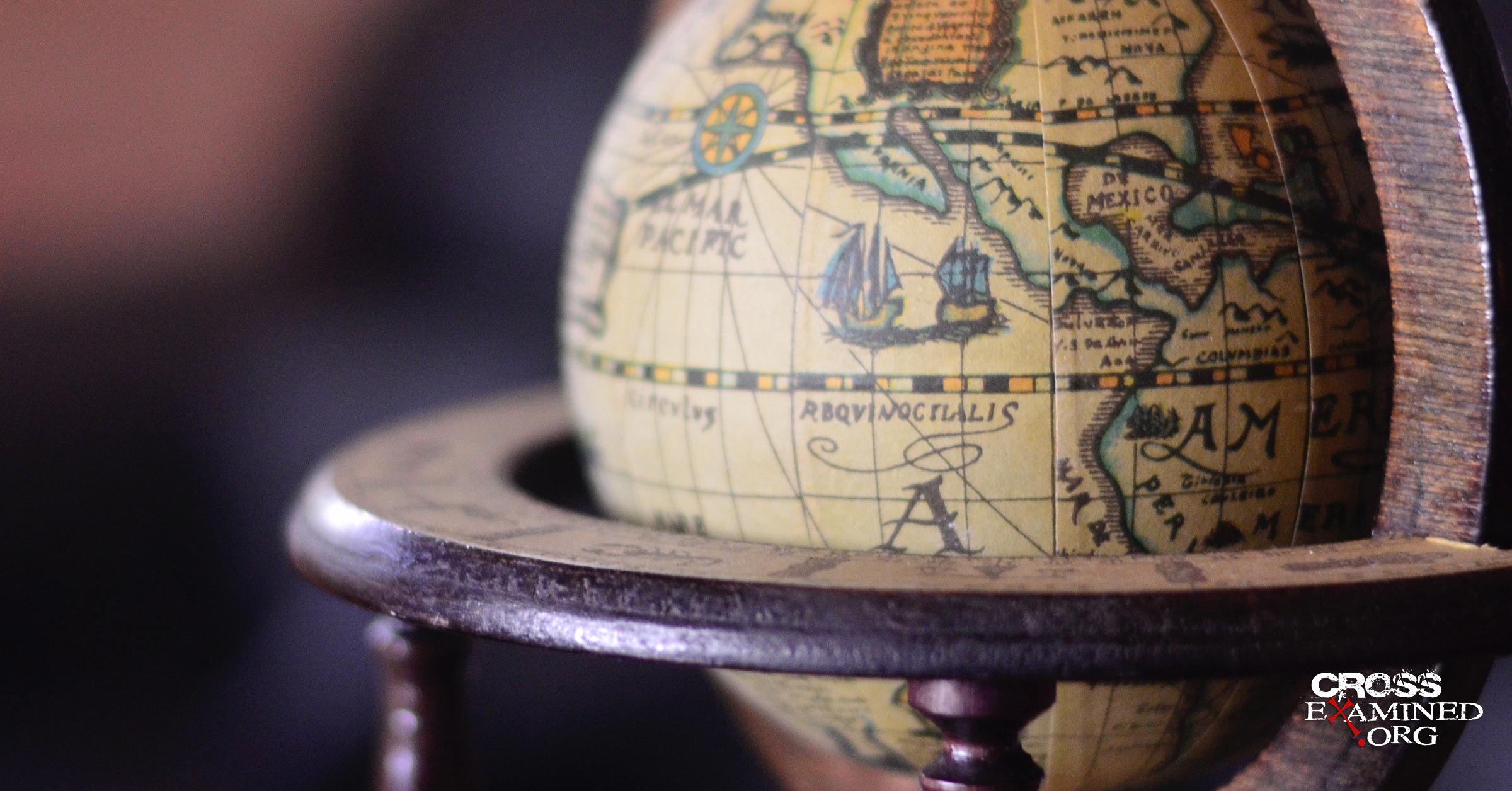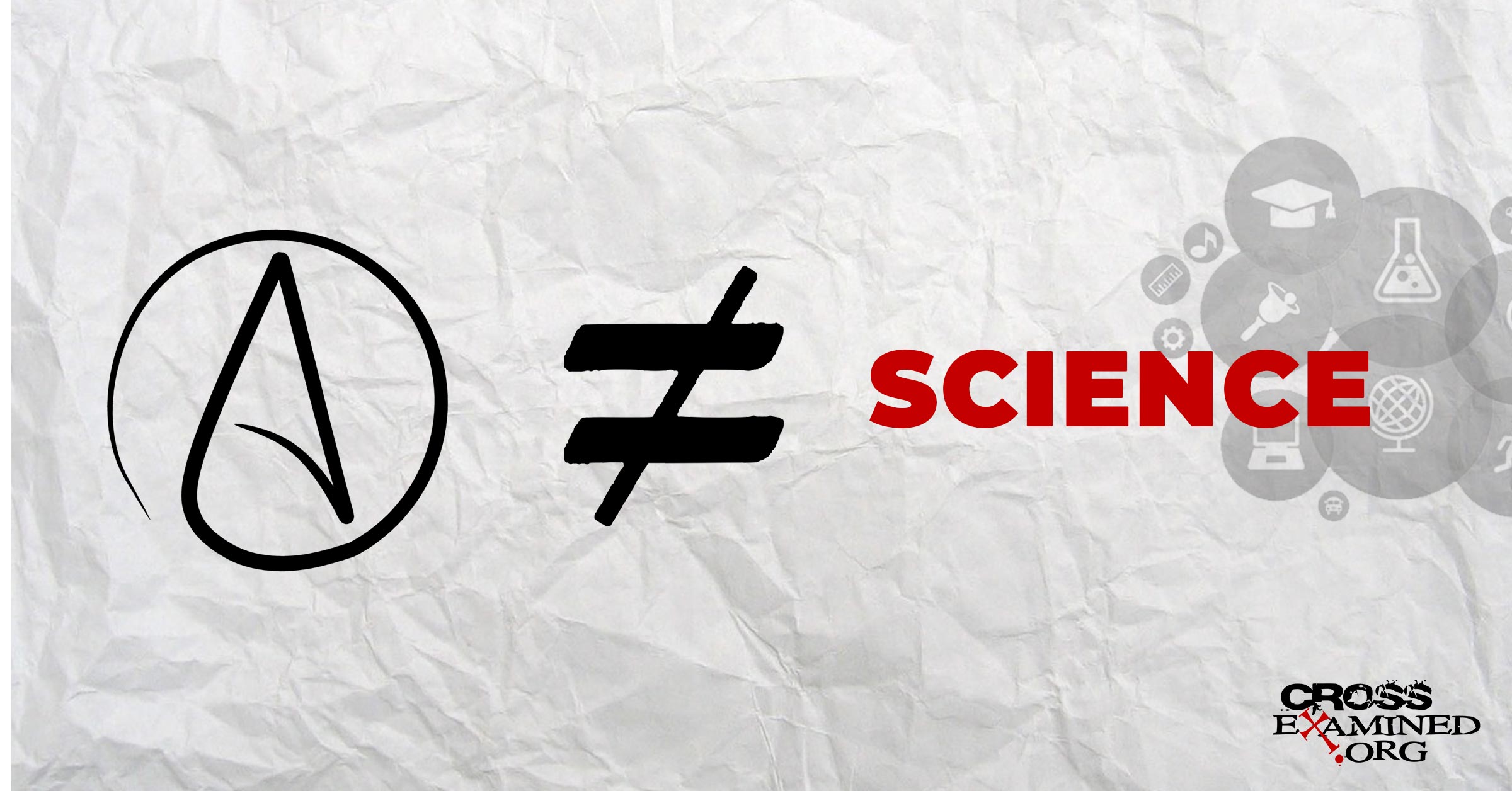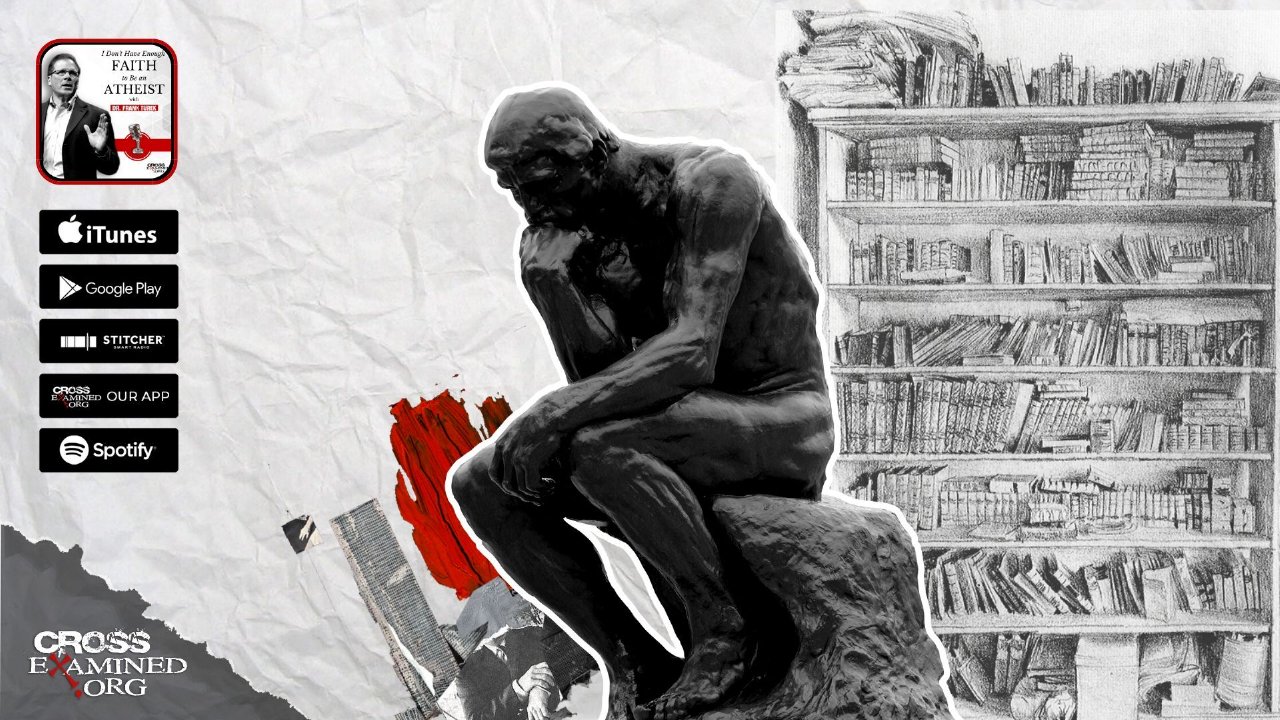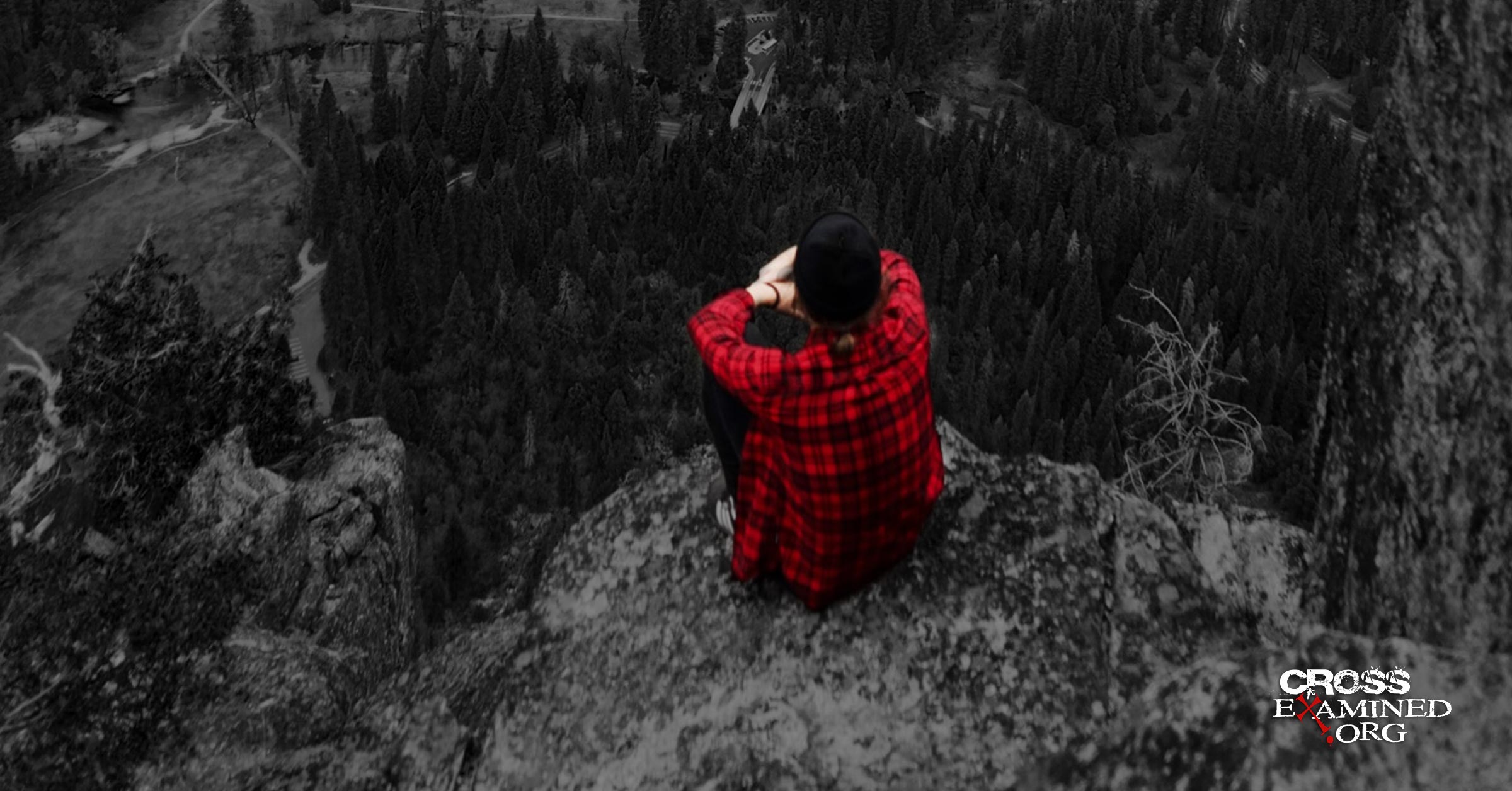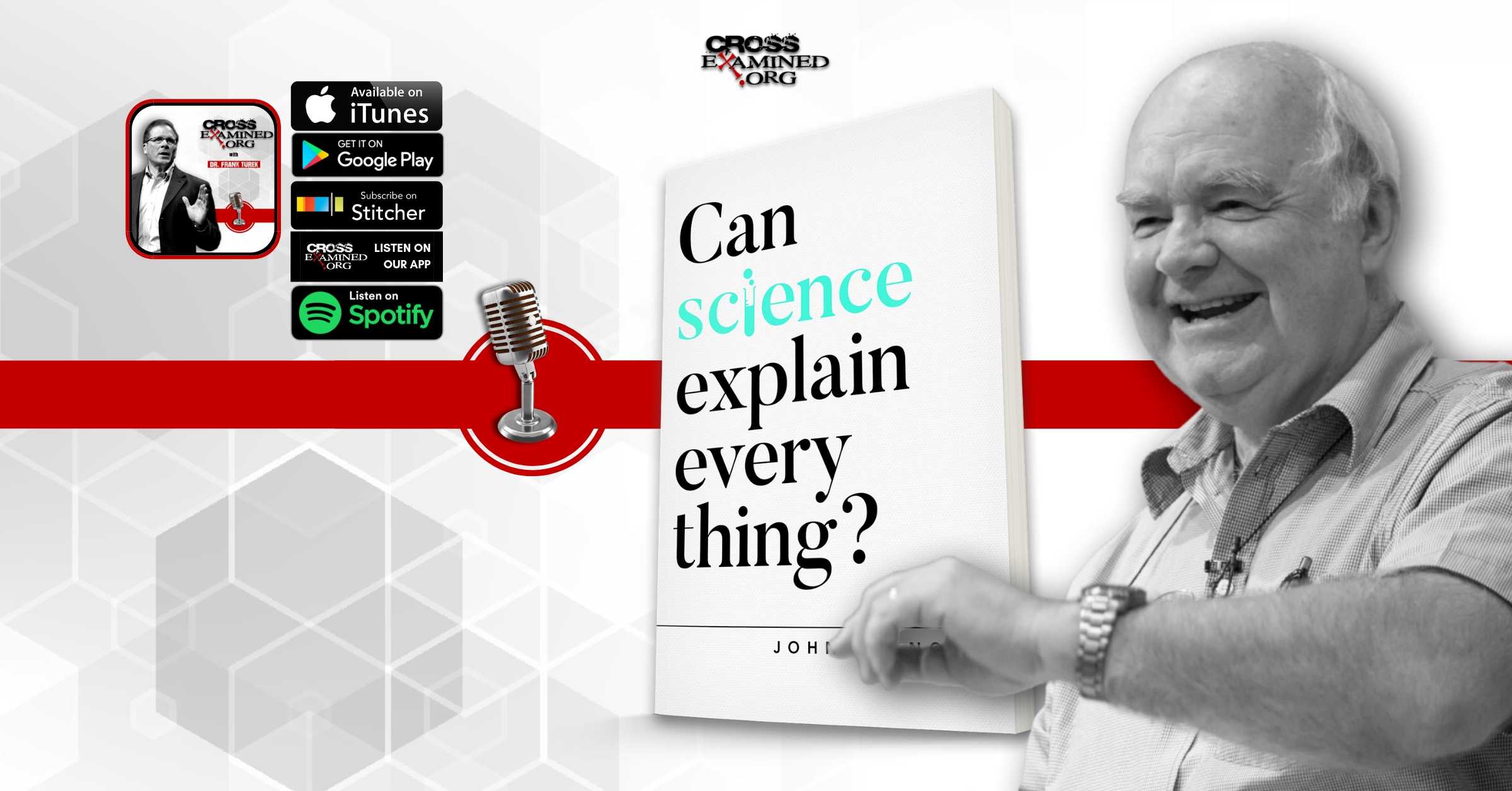I have made the case before that scientism is a dangerous belief system. And the COVID-19 Pandemic has done nothing but prove the point. In their response to the virus, many in power exhort us to “trust the science.” Listen to the doctors. Their wisdom should guide the trajectory of our collective futures. But accepting that view greatly depends on your understanding of what science is … and whose science you’re trusting. The truth is that science never provides answers to anything. Scientists do. And that means we not only have to know what branch of science they’re representing, we also have to trust the scientists’ judgment. Our leaders can make decisions using science as a tool. But we accept those decisions on other grounds. That’s because science is not the arbiter of anything. People are. We can’t just “trust the science.” We have to know how our leaders are using evidence, logic, and moral reasoning to reach their science-based conclusions.
Science -vs- Scientists
My point is that there is a vast difference between what science is … and what scientists say. The scientific data about this disease can tell us how to identify its DNA makeup, how it attacks our bodies, how transmissible it is, how long it lasts, how deadly it is, and how to create a vaccine to combat it. We can use that data to evaluate the threat the virus poses and generate statistical analyses from it. The science describes the physical and biological facts about COVID-19.
But scientists interpret that data. They analyze the statistics and suggesting measures to combat it. And those scientists have biases and opinions they bring to the table. Let me offer an example of what I mean.
The Scientists We Trust
 During this pandemic, there is perhaps no one who we are being asked to trust more than Doctor Anthony Fauci. And let me be clear. I don’t envy his position or question his credentials. Fauci is a highly educated immunologist. He’s a brilliant man, probably the most qualified person in America to be in the position he holds. But he has also made some public policy statements about the pandemic.
During this pandemic, there is perhaps no one who we are being asked to trust more than Doctor Anthony Fauci. And let me be clear. I don’t envy his position or question his credentials. Fauci is a highly educated immunologist. He’s a brilliant man, probably the most qualified person in America to be in the position he holds. But he has also made some public policy statements about the pandemic.
When asked about restarting sporting events, for instance:
“The best way to perhaps begin baseball on TV — say, around July 4 — would be to get players tested and put them in hotels. Keep them very well surveilled … have them tested, like every week. Buy a gazillion tests. And make sure they don’t wind up infecting each other or their family.’”
So, Doctor Fauci endorses the continuous surveillance and monitoring of U.S. citizens. But there’s more.
As it pertains to social interaction during the crisis, Fauci was asked:
Interviewer: “If you’re swiping on a dating [hook-up] app like Tinder … or Grindr [its LGBTQ alternative], and you match with someone that you think is hot, and you’re just kind of like, ‘Maybe it’s fine if this one stranger comes over.’ What do you say to that person?”
Fauci: “You know, that’s tough … Because that’s what’s called relative risk … If you’re willing to take a risk — and you know, everybody has their own tolerance for risks — you could figure out if you want to meet somebody …”
Complicated Answers
Whatever you think of Doctor Fauci’s positions on the Bill of Rights or “relative risk,” one thing is clear. Neither of his answers has anything to do with a need to “trust the science.”
Fauci’s answers are a perfect example of the intersection of ideas that are in play. He is willing to accept the medical and moral risk of a hook-up, but not the risk of human suffering due to an economic collapse. The point is that these things are complicated, and not just because the science is complicated. The reality is that we are not only living with the opinions and biases of different scientists. We are also dealing with the intersection of different kinds of science.
Economics is a Science
Much has been written and said about the economic impact of shutting the world down for this virus. One Yale study shows that rising unemployment causes higher death rates. Another study reveals a link between unemployment and suicide. These are not hypothetical outcomes. The human suffering that will result from this shutdown may be more threatening than the virus itself.
If you’re a Christian, don’t be lured into denying this. And don’t accept the notion that to do so is to value your retirement account more than you value human life. As my friend, Scott Klusendorf argues persuasively, that is a false choice:
“Absent important qualifiers, ‘life over profits’ is moralistic reductionism masquerading as biblical ethics. Seen holistically, ‘profits’ are not just about money. Rather, wrapped up in our economic considerations are clusters of intrinsic goods, such as educating our children, providing for our families, giving to charity, building up our marriages, and pursuing Christian fellowship — all of which contribute to the common good.”
Political Science
On April 15, 2020, New Jersey Governor Phil Murphy banned religious services in his state. Fifteen people were arrested as a result. It doesn’t take much thought to understand that this directly impacts both the right to assemble and the religious liberty that are guaranteed by the U. S. Constitution. When he was pressed on this issue, Murphy responded:
“I wasn’t thinking of the Bill of Rights when we did this … The science says people have to stay away from each other.” New Jersey Governor Phil Murphy
For those of us who value the Bill of Rights and the Constitution that enumerates them, this is not just an academic triviality. The whole point of those rights is that the government does not create them. God does. Our government exists primarily to protect them. And when it fails to do so, tyranny is the result.
If you have any doubts about the importance of that dichotomy, look at history. Tyranny crushes the human spirit. Liberty allows it to flourish. History is littered with the wreckage to human life that occurs when the powerful engage in the former.
Sociology is Science
Free market economics works because it is grounded in human nature. We are social beings. And we are meant to interact. Shutting off that aspect of what it means to be human also has devastating effects. When we are prohibited from interacting with other humans, it damages our souls. Anger and irritability run rampant. People are frustrated and short-tempered. Suicides increase.
There is a reason solitary confinement is considered such an awful punishment, even for the worst of criminals. And there are reasons infants deprived of human contact suffer long-term mental health effects or even death.
Defining Science
The dictionary defines science as, “a branch study … that gives systematic knowledge of the physical or material world gained through observation and experimentation.” It comes from the Latin word scientia, which means “knowledge.” And that may be where the corruption of our thought about it began. Before the scientific revolution that supposedly led to our “Enlightenment,” there was another branch of science that no one talks about these days. It’s a branch of knowledge that is the key to understanding every other branch.
Theology.
The Queen of the Sciences
They used to call Theology the “Queen of the Sciences” for a reason. Theology identifies the Creator and sustainer of all things. But it does more than that. It makes the case that the mind of God is the basis for truth and reason. And that means His character undergirds every other scientific discipline.
How so?
All matter, mind, power, and morality have their foundation in the nature of God. And we are made in His image. So, it follows that our ability to reason and create are reflections of God’s character. Knowing that changes the way we understand everything else. In the doctrine of the Trinity and the eternal relationship between the Persons of the Godhead, we have the basis for love itself. It’s the model for all human relationships. And that means it is foundational to how we understand community, sacrifice, and cooperation.
If you want to have a robust view of chemistry, biology, anatomy, anthropology, psychology, sociology — you name the discipline — you must understand that theology ties them all together.
Today it sounds absurd to call theology a “science.” But that’s not because we’ve found something wrong with theology. It’s because we have accepted a corrupted and truncated view of science itself. We’ve limited it to matter, energy, space, and time. But we’ve lost our souls and spirits in the process.
Holistic Science
Today, we’ve bought the lie that our study of the physical world is the only way to know things. But there are other ways to acquire knowledge. And each of them includes reason and rationality. It is human beings who practice science every day, whether they think of themselves as scientists or not.
Yes, we need to respect the scientific data. But data doesn’t make decisions. People do. Those people must analyze the data within a holistic view of the world — a view that incorporates all of what it means to be human into the solutions to our problems. Medicine and immunology are not the only important disciplines in play. We need discernment. And that means including everything from our basic human nature to our interpersonal relationships to the makeup of our social fabric in the decision-making process.
“Trust the science” is an empty slogan. When you hear it you should ask, “Which one?” And realize you are listening to someone who holds to a sterilized view of the world.
Recommended resources related to the topic:
Science Doesn’t Say Anything, Scientists Do by Dr. Frank Turek (DVD, Mp3 and Mp4)
Oh, Why Didn’t I Say That? Does Science Disprove God? by Dr. Frank Turek (DVD and Mp4)
Stealing From God by Dr. Frank Turek (Book)
Defending Creation vs. Evolution (mp3) by Richard Howe
Exposing Naturalistic Presuppositions of Evolution (mp3) by Phillip Johnson
Macro Evolution? I Don’t Have Enough Faith to be a Darwinist (DVD Set), (MP3 Set) and (mp4 Download Set) by Dr. Frank Turek
Darwin’s Dilemma (DVD) by Stephen Meyer and others
Inroad into the Scientific Academic Community (mp3) by Phillip Johnson
Public Schools / Intelligent Design (mp3) by Francis Beckwith
Answering Stephen Hawking & Other Atheists MP3 and DVD by Dr. Frank Turek
Bob Perry is a Christian apologetics writer, teacher, and speaker who blogs about Christianity and the culture at truehorizon.org. He is a Contributing Writer for the Christian Research Journal and has also been published in Touchstone, and Salvo. Bob is a professional aviator with 37 years of military and commercial flying experience. He has a B.S., Aerospace Engineering from the U. S. Naval Academy, and an M.A., Christian Apologetics from Biola University. He has been married to his high school sweetheart since 1985. They have five grown sons.
Original Blog Source: https://bit.ly/2WKJFCW

